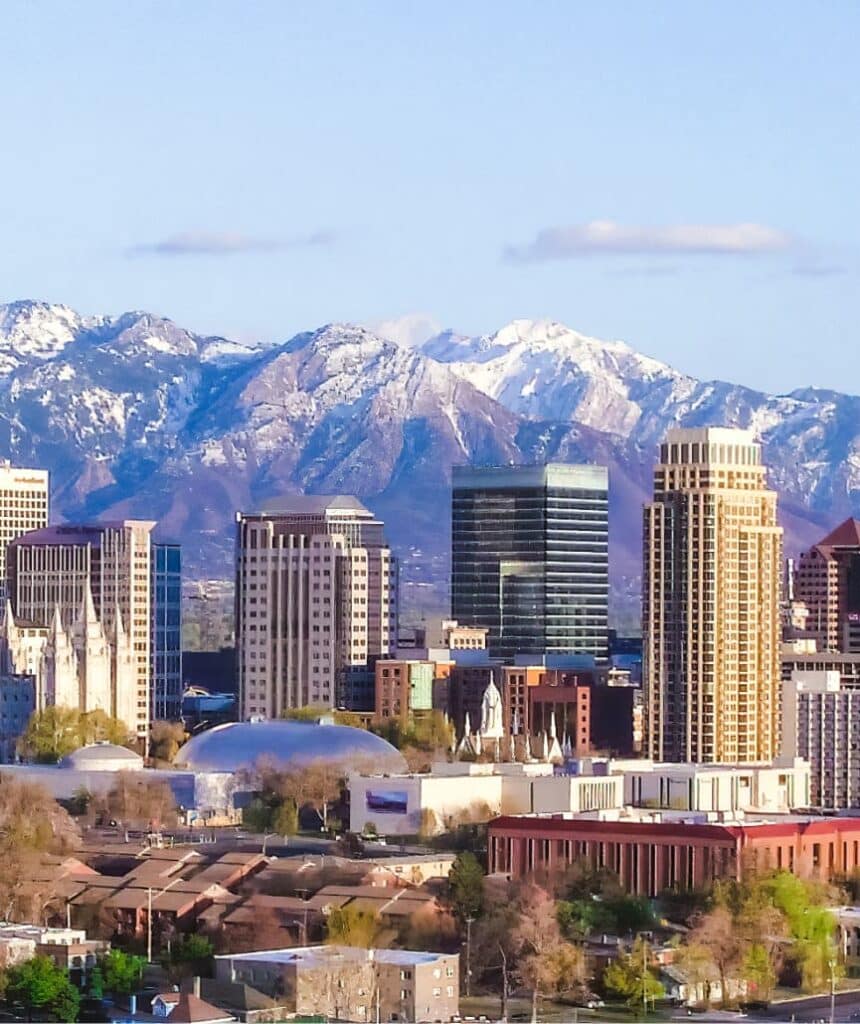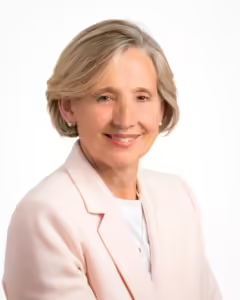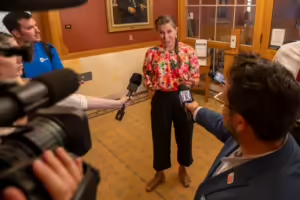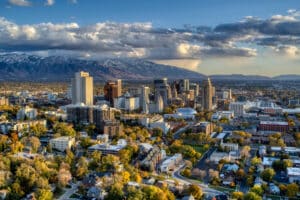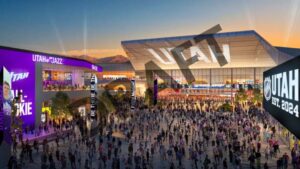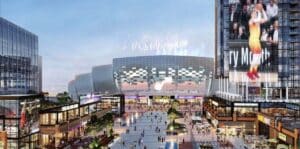What are the plans for the proposed Sports, Entertainment, Culture and Convention District near Delta Center?
While specific land use concepts and plans are still being developed, we are committed to creating an opportunity where everyone within the community can come explore, connect, and celebrate while experiencing art, culture, and entertainment. The project planning aims to honor the heritage of existing communities, celebrate the unique history of the arena, and reimagine the amazing community assets in downtown Salt Lake City.
Who would be involved in the project and who would manage development?
The development would be led by Smith Entertainment Group (SEG) with significant collaboration with elected officials and governmental partners – especially Salt Lake City and Salt Lake County – as well as a diverse and vast group of community stakeholders. This is a community project and would be designed and constructed with the public interest in mind.
Would Salt Lake City residents be the only people contributing to the additional sales tax revenue that would help fund the project?
No. 50-60% of the anticipated revenue generated by the .5% sales tax increase would come from non-Salt Lake City residents and other visitors to the city.
How would the tax increase benefit all Salt Lake City residents?
This development is about maximizing the potential of downtown Salt Lake City and benefiting the city, residents, and visitors for generations to come. The tax revenue that would be generated would support many elements of the downtown reimagination across the three-block sports, entertainment, culture, and convention district. Whether residents ever attend an event at Delta Center, they would benefit from access to new and enhanced community, cultural and art, and gathering spaces, as well as renewed east-west connectivity, enhanced walkability and safety, cohesive transportation, and organized parking. Consistent activation of local businesses would drive greater economic impact and create more jobs in the community.
What would happen to Abravanel Hall, UMOCA, and other Arts Centers? Would performances or exhibits be disrupted?
Smith Entertainment Group, Salt Lake City, Salt Lake County, and Utah State Legislature are committed to ensuring that our world-class Utah Symphony, Salt Palace Convention Center, and celebrated art and cultural destinations would have a state-of-the-art home within the district.
How would this project impact Japantown?
We continue to work actively with the Japanese community to ensure that the anticipated development honors the unique cultural heritage within the area. We would be working closely with the community to ensure that we are uplifting all areas within the proposed district. We would promise to be excellent neighbors and are sensitive to the many unique, ongoing challenges faced by the Japanese Christian Church and Japanese Buddhist Temple. We believe this proposed development would only stand to improve the existing situation.
During this process, what would be the impact on the current area businesses?
The impacts are dependent on the development plans, which are not finalized yet. However, the legislation contains provisions requiring that participation agreements include plans to address the issues and challenges within the project area.
How are improvements in this district being funded?
The S.B. 272 Capital City Revitalization Zone bill is anticipated to generate approximately $1.2 billion in tax revenue, which would go toward the proposed Sports, Entertainment, Culture, and Convention district. Of the proposed $900 million that would go to SEG, the funds would support the overall development of the district including public plazas, entertainment spaces, infrastructure, and the renovation of Delta Center. The remaining $300 million generated from the tax would be dedicated solely to the culture and convention portion of the district. During the City Council meeting on May 7, SEG shared that it planned to contribute in excess of $3 billion in private funds to the district. Cultural spaces, convention spaces, county arts organizations, and some of the public infrastructure would be funded within a mix of public and private resources.
Would SEG spend all $900 million on Delta Center renovations?
No. While final numbers are being determined on the remodel of Delta Center, a significant amount of the tax revenue generated from the S.B. 272 Capital City Revitalization Zone (estimated to be $1.2 billion) would go towards investment across the entire district and help support major projects in the culture, convention, and entertainment areas.
How would taxpayer dollars be used, and how long would the tax be in place?
Tax dollars would be used to support public convention spaces, public infrastructure, cultural spaces, and the Utah Symphony. Some of the tax dollars would also be used to support the remodel of Delta Center, which is the single-largest economic development engine in Salt Lake City. The Utah Jazz and Delta Center generate $326 million in annual economic impact and the NHL is anticipated to generate an additional $288 million in economic impact for Salt Lake City. The tax would be in place for 30 years.
Why was a helipad added to the proposed plan?
The purpose behind the proposed helipad is solely for player and attendee health and safety, should a critical medical situation arise and a medevac be required.
This process seems to be moving forward rapidly. How can we be assured that the decisions being made benefit everyone?
The process involves several public meetings to ensure that the public finance dollars are being spent appropriately and with the public in mind. The forthcoming land use decisions would require public input and public meetings, the same way any traditional land use application would require. Additionally, a legislative committee composed of appointees from the Governor’s offices and the Utah State Legislature would review a participation agreement between Salt Lake City and SEG.
As a taxpayer, how would I have a say (or would I have a say) in any of the decisions being made? How can my voice be heard?
The City Council held a public hearing on May 21 at its 7 P.M. formal meeting, which provided an opportunity for the public to provide input directly to the Council.
How can I support or share other comments about the project?
We look forward to receiving ongoing input from the community. To submit comments, please scroll to the bottom of this page and share your feedback in the form. You can also add your name to our list of supporters by filling out the brief form at the bottom of the Supporters page on this website.
